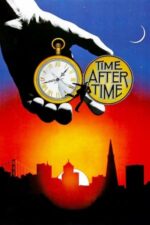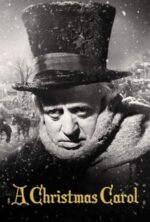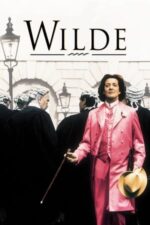Fog, Corsets, and Shadows: Exploring Victorian England on Film
There’s something inherently captivating about Victorian England, isn’t there? Beyond the romanticized images of gaslit streets and elaborate gowns, it was a period of immense social upheaval, rapid industrialization, and simmering anxieties. It's fertile ground for storytelling – and filmmakers have been mining that richness for decades. We see echoes of it everywhere, even in contemporary shows like Bridgerton, but let’s dive into how cinema has truly captured the essence of this fascinating era.
What makes Victorian England so compelling to explore? Well, on the surface, you've got the rigid social structures – the strict class divides, the suffocating expectations placed upon women (think about the quiet desperation hinted at in The Lace, where a cunning apothecary offers a dark solution to abused wives). But beneath that veneer of propriety lay a bubbling cauldron of secrets, poverty, and scientific curiosity. It’s this tension—the contrast between outward appearances and inner turmoil—that makes for such compelling drama.
Take The Life and Adventures of Nicholas Nickleby, for example. While ostensibly a heartwarming story about resilience, it's also a stark portrayal of the harsh realities faced by orphans and those struggling to survive in a rapidly changing world. The film doesn’t shy away from showing the exploitation that was rife during this period, highlighting the fight for independence against overwhelming odds – something many people can relate to even today!
Then you have films like Angelica and The Turn of the Screw, which tap into the Victorian fascination with the supernatural and psychological unease. The era’s burgeoning interest in science often clashed with deeply ingrained religious beliefs, creating a breeding ground for anxieties about the unknown. These films aren't just spooky; they reflect a society grappling with its own identity and place in the universe. I remember seeing The Turn of the Screw as a teenager – it genuinely unsettled me! The ambiguity surrounding the governess’s sanity is brilliantly unsettling, leaving you questioning what’s real and what’s imagined.
And let's not forget the darker side, exemplified by I, Monster. It’s a fantastic reimagining of Jekyll & Hyde that really digs into the Victorian obsession with scientific progress and its potential consequences. The fear of unleashing something monstrous within ourselves – it’s a theme that resonates even now, especially as we grapple with advancements in AI!
Finally, Time Changer offers a unique perspective, using time travel to examine how Victorian anxieties about faith and societal change played out across generations. It's a clever way to highlight the enduring power of ideas and the cyclical nature of history.
Ultimately, films set in Victorian England offer more than just beautiful costumes and picturesque landscapes. They provide a window into a complex and contradictory era – an era that continues to fascinate us because it reflects our own struggles with progress, morality, and the ever-present shadows lurking beneath the surface of society. So, next time you’re looking for something atmospheric and thought-provoking, consider venturing back in time—you might be surprised by what you discover.







































